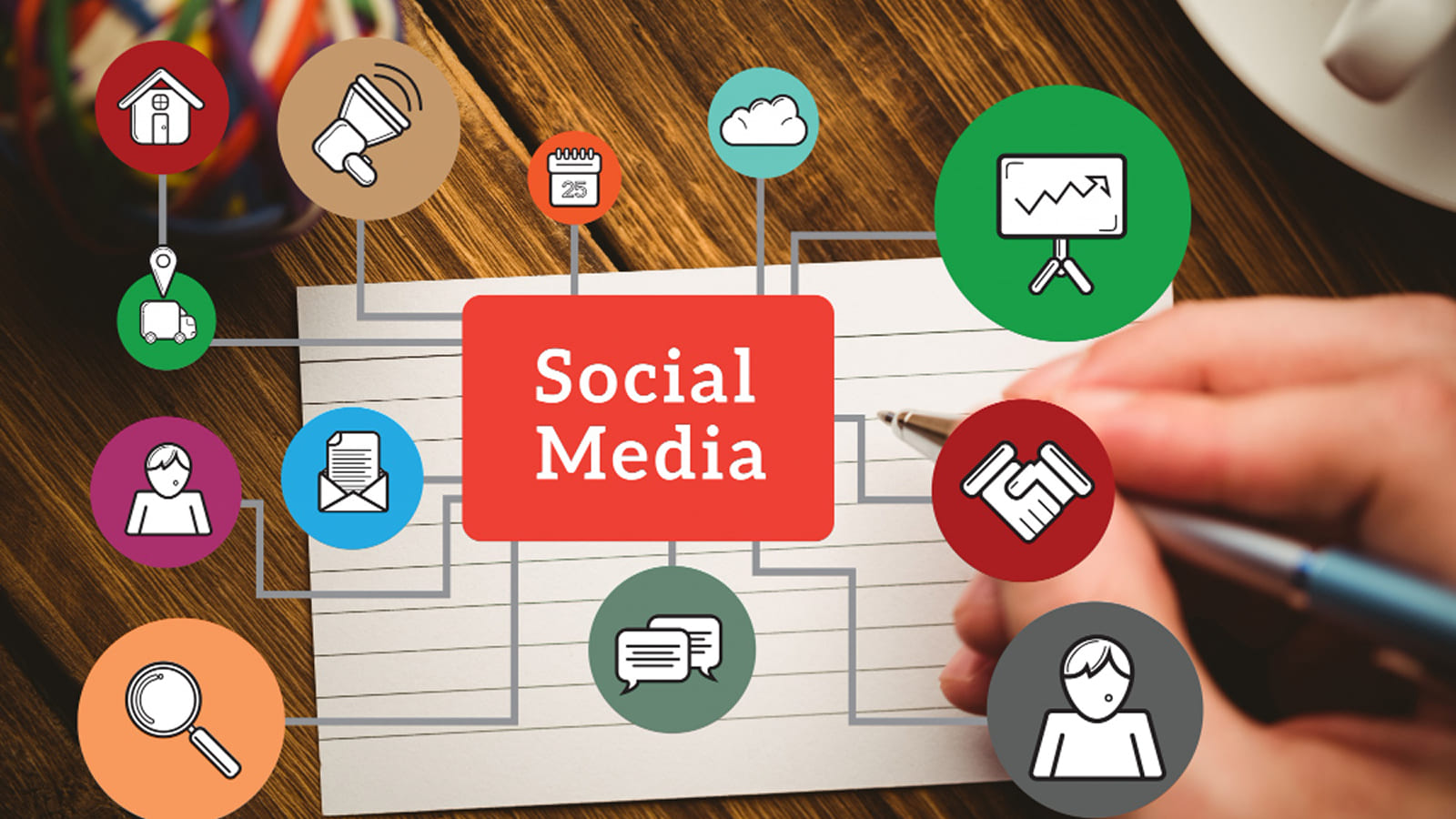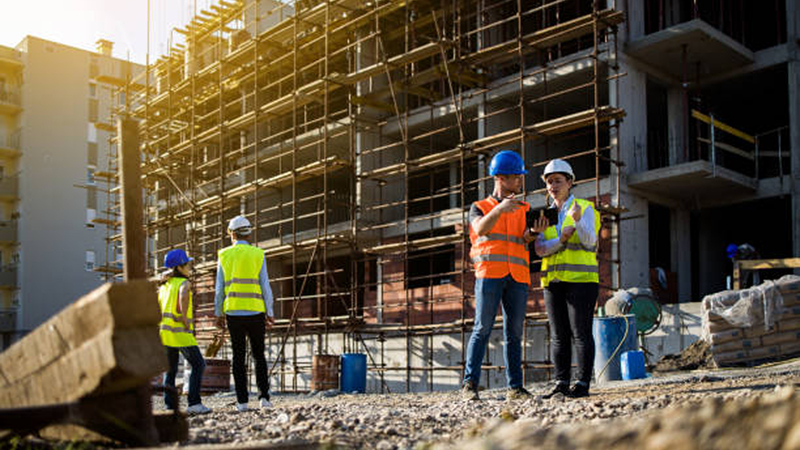A logo is much more than a graphic, it’s the cornerstone of a construction company’s identity and the first impression that clients, partners, and the public receive. In the UK construction sector, where trust, reliability, and professionalism are paramount, the right logo can set a business apart, inspire confidence, and help win more contracts. This guide explores proven construction company logo ideas, shares real experiences from the trade, and offers expert advice on crafting a logo that builds trust and stands the test of time.
Why Construction Logos Matter
Just as a solid foundation is essential for any building, a strong logo is the foundation of a construction brand. Clients often decide in seconds whether a business looks credible and trustworthy, and much of that judgement is based on visual identity. Many UK contractors have shared stories of increased enquiries and improved client feedback after a logo refresh, especially when the new design better reflected their values and expertise.
A memorable logo is instantly recognisable, looks professional on everything from business cards to van wraps, and communicates the core values of the business, whether that’s safety, innovation, or craftsmanship.
Essential Elements of Construction Company Logo Ideas
1. Industry-Specific Symbols
Great construction logos often incorporate symbols that immediately communicate the company’s field. Common motifs include:
- Hard hats, which represent safety protocols and site professionalism
- Building silhouettes, highlighting architectural expertise
- Tools such as hammers or trowels, showcasing hands-on skill
- Geometric shapes, reflecting structural precision and reliability
A Midlands-based contractor recently switched to a logo featuring a stylised roofline and a spanner, resulting in more positive feedback from clients who felt the new look was both modern and trustworthy.
2. Colour Psychology
Colour selection is crucial in logo design, as each colour sends a powerful message:
- Blue: Trust, reliability, and professionalism, popular for trade services
- Grey: Sophistication and technical expertise
- Yellow: Safety and caution
- Orange: Innovation and energy
- Red: Power and urgency
Using a limited palette of two to three colours ensures clarity and helps the logo remain memorable. Many construction businesses have found that switching from generic reds to a blue and grey scheme led to improved perceptions of trustworthiness and professionalism.
3. Typography That Conveys Strength
Font choice should reinforce the qualities of strength and stability. Bold, sans-serif fonts are favoured for their readability and modern feel. Some companies add a unique twist, such as integrating a tool into a letter or using stacked text arrangements to echo the structural nature of their work.
A real-world example: A London builder customised the letter “T” in their logo to resemble a hammer handle, creating a memorable and distinctive mark that clients often mention when recommending the business.
4. Simplicity and Scalability
Simple logos are easier to recognise and work well across all applications, from embroidered workwear to large-scale banners. Overly complex logos can become illegible when scaled down. Testing the logo at different sizes and ensuring it remains clear is a crucial step in the design process.
5. Balance and Symmetry
A well-balanced logo, with equal visual weight and proportional spacing, communicates stability and reliability. Vertical symmetry often suggests structural integrity, while horizontal symmetry conveys steadiness.
6. Professional Brand Guidelines
Consistency is key. Professional brand guidelines should specify:
- Minimum size requirements for legibility
- Clear spacing rules around the logo
- Approved colour variations (full colour, monochrome, black & white)
- Correct placement on vehicles, uniforms, and signage
Having clear guidelines ensures your logo always looks its best, no matter where it appears.
Step-by-Step: Creating a Trustworthy Construction Logo
- Research and Inspiration: Explore successful construction company logo ideas within your sector. Take note of what competitors are using and what resonates with your target clients.
- Sketch and Refine: Start with basic shapes and industry symbols. Refine the design until only the essential elements remain. Test at different sizes to guarantee legibility.
- Choose a Strategic Colour Palette: Limit your palette to two or three colours that reflect the values you want to project.
- Select Strong Typography: Use bold, readable fonts. Consider customising a letter or integrating a subtle industry reference.
- Test Across Applications: Check how the logo looks on business cards, vehicles, signage, and digital platforms. Adjust as needed for clarity and impact.
- Develop Brand Guidelines: Document the correct usage, spacing, and colour rules for your logo to ensure consistency across all materials.
Unique Tips and Real Experiences
- Use Real Project Photos: When showcasing your logo in marketing materials, use actual site photos to build authenticity and trust.
- Involve Your Team: Gather feedback from staff and clients during the design process. Many businesses have found that team involvement leads to a logo everyone is proud to wear.
- Update When Needed: Don’t hesitate to refresh your logo every few years to reflect changes in your business or market trends. Even small tweaks can make a big difference in perception.
Common Problems and Solutions
- Busy Logos Lose Impact: Keep it simple. Too many elements make a logo hard to recognise.
- Colour Overload: Stick to a limited palette for clarity and memorability.
- Inconsistent Usage: Use brand guidelines to ensure your logo always appears correctly, whether on a site board or social media.
Summary
The most effective construction company logo ideas are those that combine industry-specific symbols, strategic colour choices, strong typography, and simplicity. A well-designed logo builds trust, sets your business apart, and supports long-term growth in the UK construction market. By following expert advice, learning from real trade experiences, and focusing on clarity and consistency, your logo can become a powerful asset for your business.







